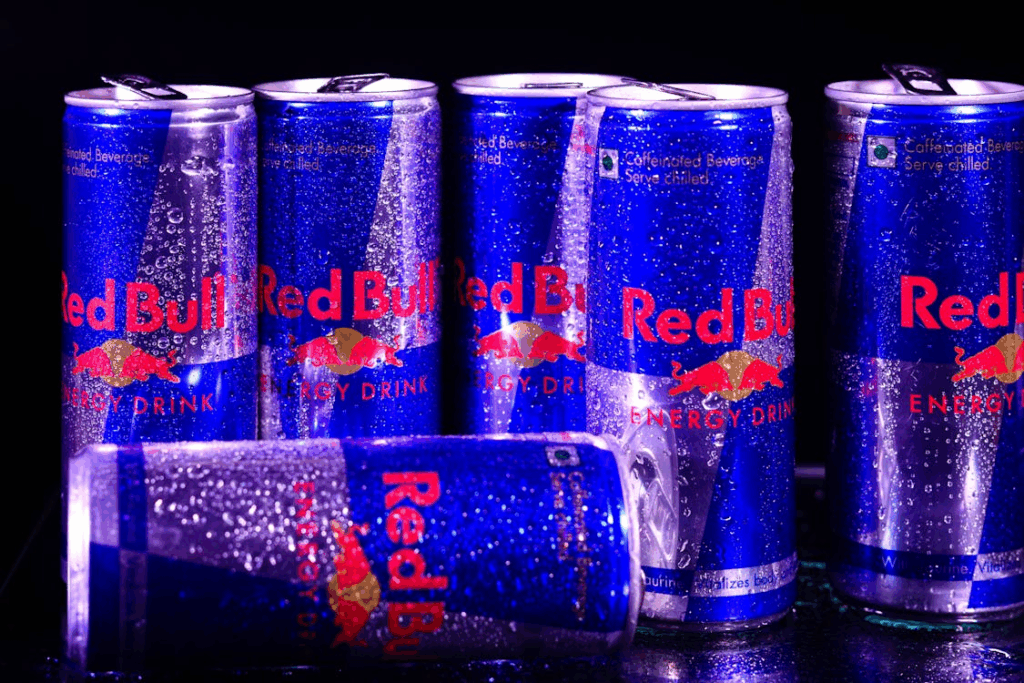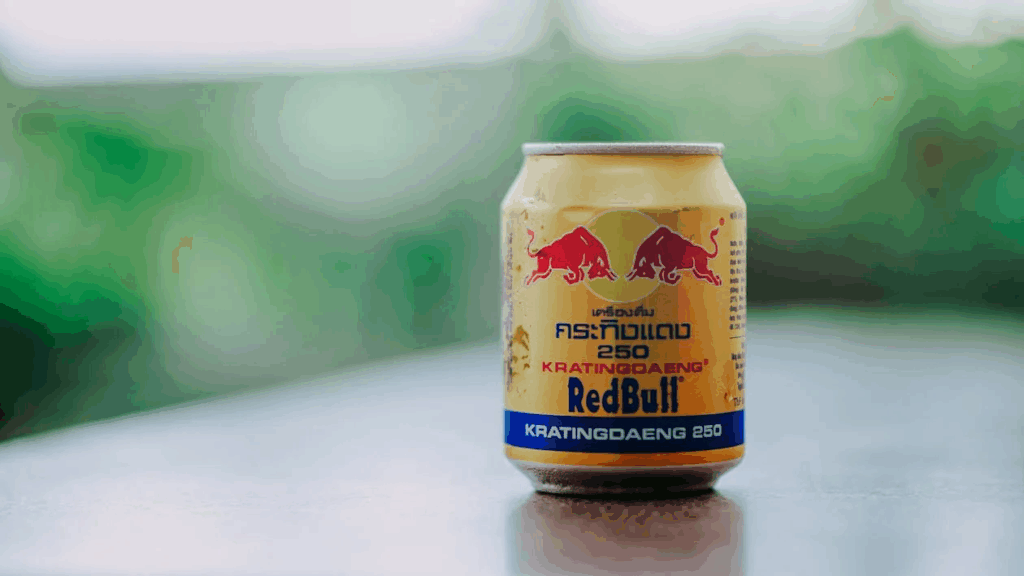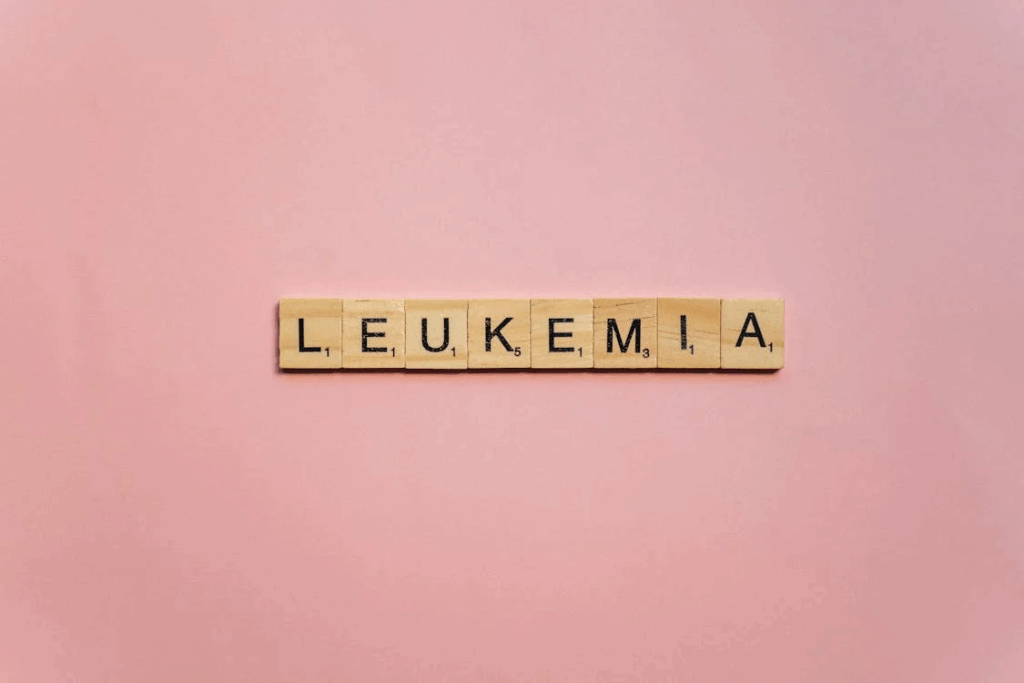Taurine is a naturally occurring amino acid that is found throughout the body. Most commonly found in the brain, heart, muscles, and bone marrow. Adults synthesize taurine, but people also commonly obtain it from foods like meat, fish, and eggs. Many energy drinks and protein supplements prominently add taurine. People commonly use taurine supplements to support energy production, balance fluids and minerals, combat fatigue, and enhance cognitive function.
However, research published in the journal Nature has identified taurine as a key component in the growth of myeloid cancers. Scientists at the University of Rochester’s Wilmot Cancer Institute have discovered that leukemia cells cannot produce taurine. So they rely on absorbing taurine from their environment to fuel their growth.
The study found that taurine significantly accelerates the progression of blood cancers like leukemia by promoting glycolysis. This process converts taurine to glucose for cancer cells to use to generate energy. These findings suggest that excessive taurine intake could potentially increase the risk of blood cancers. This alarming finding has prompted experts to urge caution regarding taurine supplementation, especially among energy drink consumers and patients with leukemia.
How Blood Cancer Exploits a Common Amino Acid

Leukemia is a group of aggressive blood cancers originating in the bone marrow, where blood stem cells reside. With varying survival rates and limited treatment options, subtypes of leukemia are challenging to address. Acute myeloid leukemia (AML), chronic myeloid leukemia (CML), and myelodysplastic syndromes (MDS) remain the most challenging. These cancers arise when abnormal blood stem cells spread uncontrollably, disrupting normal blood cell production.
A study led by researchers at the University of Rochester’s Wilmot Cancer Institute has revealed a metabolic vulnerability in these myeloid leukemias involving taurine. While certain normal cells in the bone marrow microenvironment naturally produce taurine, leukemia cells lack the ability to synthesize it themselves. Instead, they depend entirely on gathering taurine from their surroundings which the SLC6A6 gene transports to leukemia cells.
This taurine transporter acts as a molecular gateway, enabling leukemia cells to absorb taurine produced by neighboring healthy bone marrow cells. Once inside the cancer cells, taurine fuels glycolysis. This is the metabolic process that breaks down glucose to generate energy. By enhancing glycolysis, taurine effectively reprograms leukemia cells’ metabolism to support rapid growth and spreading.
However, with this discovery, researchers managed to block the growth of leukemia cells. Using advanced genetic editing tools, researchers blocked the taurine transporter in mouse models and human leukemia cell samples. This blockade significantly suppressed leukemia cells’ growth, demonstrating that preventing taurine uptake starves the cancer cells. These findings highlight the taurine transporter gene as a promising target for future treatments.
Read More: 20 Subtle Cancer Symptoms That Are Commonly Missed by Women and Men
Taurine in Cancer and Caution for Consumers

The discovery reveals how taurine helps leukemia cells alter their metabolism to survive and grow. The link between taurine and cancers’ metabolism was previously understated, with most studies focusing on genetic mutations driving leukemia. This research shifts some focus toward metabolic reprogramming and how leukemia cells use this mechanism to fuel their growth.
Taurine’s inclusion in energy drinks like Red Bull and Celsius is based on its reputed benefits, including improved mental alertness and reduced inflammation. It has also been used anecdotally by cancer patients to alleviate chemotherapy side effects. However, new evidence suggests excessive taurine intake from supplements and energy drinks may unintentionally fuel leukemia cell growth.
What This Means for Leukemia Patients and Energy Drink Consumers

Jane Liesveld, MD, a Wilmot oncologist and co-author of the study, emphasizes the need for caution. While taurine supplementation might have benefits in other contexts, such as boosting immune responses in gastric cancer, its role in leukemia appears to have adverse effects. The local concentration of taurine in the bone marrow microenvironment may enhance leukemia growth, suggesting that high-dose taurine supplements could be harmful to patients with blood cancers.
Given taurine’s widespread availability and use, the researchers advise careful consideration before recommending taurine supplements to leukemia patients or individuals at risk. Future clinical studies are needed to measure taurine levels in leukemia patients and to evaluate the safety and impact of taurine supplementation more thoroughly.
Read More: 12 Groundbreaking Advances in Cancer Research
A Call for Awareness and Further Research

The identification of taurine as a key regulator of leukemia growth challenges previous assumptions about this common amino acid and its supplements. Taurine is helpful, but too much from energy drinks and supplements may help leukemia cells grow, posing a risk. Patients with leukemia and consumers of taurine-rich products should exercise caution. Healthcare providers may also need to reconsider taurine supplementation for those with blood cancers. Most importantly, this discovery opens exciting avenues for new treatments targeting taurine uptake, offering hope for improved outcomes in aggressive blood cancers.
As research continues, understanding the complex interplay between metabolism and cancer will be crucial in developing safer, more effective therapies and guiding public health recommendations on supplement use.
Read More: 8 Early Warning Signs of Leukemia To Never Ignore
Disclaimer: This information is not intended to be a substitute for professional medical advice, diagnosis or treatment and is for information only. Always seek the advice of your physician or another qualified health provider with any questions about your medical condition and/or current medication. Do not disregard professional medical advice or delay seeking advice or treatment because of something you have read here.

